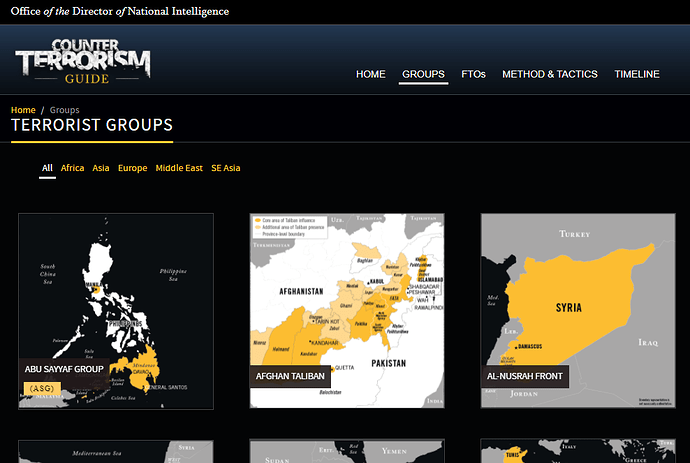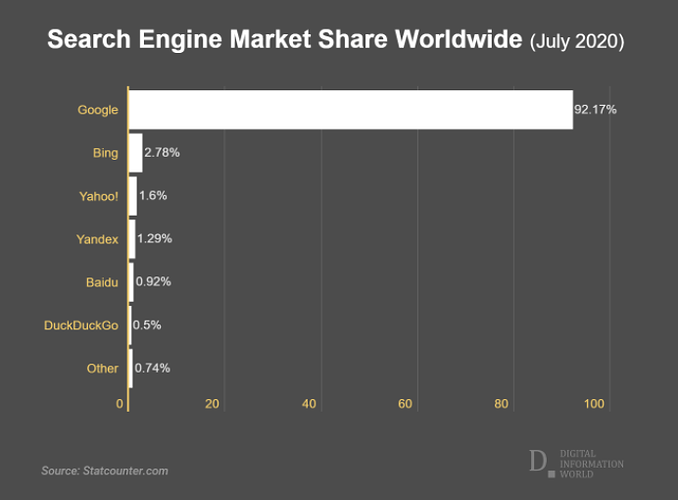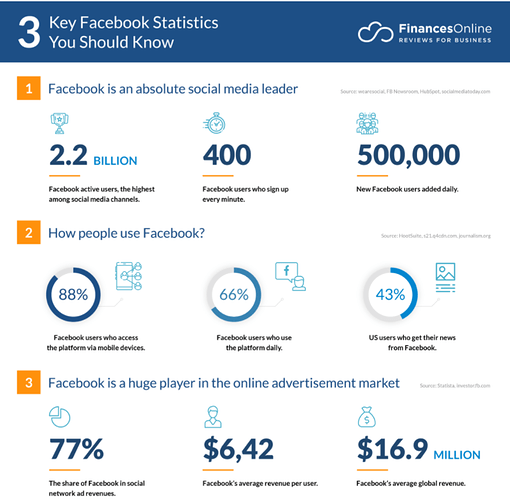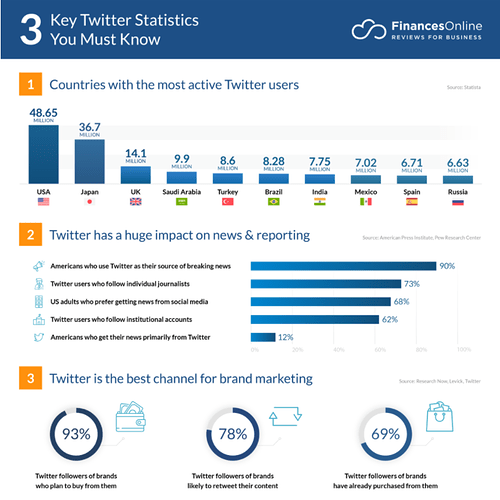No hope necessary  Google, Facebook, and Twitter all have these in place and are actively massaging what you can even see. All in the name of transforming our society and culture (and just so happen to make a lot of money and insure future monies).
Google, Facebook, and Twitter all have these in place and are actively massaging what you can even see. All in the name of transforming our society and culture (and just so happen to make a lot of money and insure future monies).
Did you think that seeing Arabic would somehow throw me into fear mode, lol? I don’t know Arabic so I haven’t the foggiest idea if they are exchanging baking recopies or coordinating terrorist activities.
Can you show me where this is listed as a terrorist Organization by Homeland security?
If it isn’t officially listed by homeland security - yeah - you have to translate and show me they are coordinating terrorist attacks through their twitter feed.
If they are not listed as a terrorist organization by homeland security - maybe YOU ask homeland security why not? Maybe you can blame it on Biden now, lol even though the prior administration had 4 years to figure out how the list works.
I see no evidence of an integral semiotic engine operating in the background, which I think would be essential for this sort of genuine transformation. It’s no longer “social engineering”, but a new kind of social cartography 
And there are also precautions you can take to not participate.
But rather than do hard work yourself and sacrifice the conveniences they offer - you just use their free services without precautions and complain about it.
A perfect lowkey saint-victim-persecutor triangle.
“Oh, I’m a victim because I have no choice but to use free services that I don’t even need.”
puke
Apologies Corey. You are absolutely correct. The semiotic engines are actively running the background performing “social engineering”. They’re just not Integral 
I don’t see Islamic Emirate of Afghanistan listed.
Can you provide a more direct link?
Hell, most browsers give you ways to opt out of much of the social engineering these days — just use incognito mode, and/or a VPN.
But seriously – imagine a YouTube algorithm for its “Suggested Videos” section that, rather than sending people down multiple rabbit holes of misinformation (“Plandemic!” “90% of vaccinated people will be dead in 9 months!” “The MyPillow guy says Trump won the election!”), instead it was able to accurately gauge the semiotics of a given video, and then create a new list of suggested videos that is populated with content that is developmentally one or two half-steps up the ladder, bringing people back UP the rabbit hole, rather than further down it.
Currently, Google/YouTube is very much responsible for the further radicalization of both the right and the left, because all a privately owned mega-corporation can do is pursue its own profit motive. And there is much profit to be made in a rabbit hole, because it keeps people’s eyes on the screen, which allows you to serve them more ads.
All the more reason why I refuse to hand the keys to the “public commons” over to these guys. Let’s address and hopefully solve these problems, yes, but without embracing the neoliberal wet dream of privatizing everything under the sun.
Yes - so banning the new Government of Afghanistan because the same members were in the Taliban would be analogous to banning the whole Republican party and all of Trumps family, not just Trump for their continued support of the attempted overthrow of the legal government of the United States…
So is this what you are going for? Banning every person and entity with links to both foreign (IEA) and domestic terrorism (Trump Organization & Family & Republican party
Did I read you incorrectly? I thought I read one of your posts as Facebook, Google, Twitter, et al are NOT the public commons so therefore can “do what they want” with their Terms of Service.
If Facebook, Twitter, Google/Youtube are NOT the public commons today, what would you consider as the public commons today?
I mean, can you google?
That’s a bit of an extreme example. I would start first with the “violent criminals that have committed acts of mass murder” but then stop somewhere short of “everyone that doesn’t agree with me”. LOL
I LOVE the idea of Digital Commons. Sadly it’s really a noosphere’ish concept compared to FB, Goog/Youtube, Twitter.
I’ve already answered this, I think the internet itself should be considered “public commons”, with all the net neutrality protections that involves.
Platforms are privately owned. Public commons are, well, publicly owned. Same reason we don’t sell the Rocky Mountain National Park to Mobile-Exxon 
Alex Jones is not entitled to use, say, the Integral Life platform in order to amplify his voice. But he does have a right to host his own website, create his own social media platform, etc. (unless he breaks the law and is banned by his ISP, of course.)
Really? So you want twitter to investigate people’s lives and determine if they have a criminal record (then later add in if they have had an abortion (which is murder under Christian Law), or if they have ejaculated outside a vagina (which is also against Christian Law).
You want twitter to investigate people and organizations outside of what they actually say on twitter?
lol Trump would have ben banned in 2015 if they did that, lol.
Thanks for restating/clarifying.
I would still argue that FB, Goog/Youtube, Twitter, Instagram are the “de facto” public commons of today.
The vast majority of people in the use access the internet via Google which has the wonder benefit of shaping what I see even to shaping my purchases in the real world.
Facebook is the dominate interconnectivity platform (I would say de facto public commons) in the world:
Twitter isn’t doing too badly either:
How does this differ from FOX Corporation being a public commons?
If we just define it by how many people use it, then the Government in power would also regulate Fox News
@FermentedAgave You really are a totalitarian socialist at heart, I see. Government control over everything.
Yes, they are popular, but that doesn’t make them “public commons”. They are “private commons”, if anything. Popular nightclubs. And they use extractive models in order to drive value from their user base (“if you’re not paying, then you are the product”), which is antithetical to the purpose of a “public commons” in the first place.
At what point of scale in the success of Integral Life would the government be able to come in and tell me how I manage my own community? What about all the other competing platforms that have been out there — Parler, Gaia, Zaadz (there’s a blast from the past), etc.? Is MySpace sufficiently “popular” for us to consider them “public commons”?
Nah, these platforms are explicitly not public owned or managed, are not created in order to benefit the pubic in any way, and offer only a particular and partial simulacra of something we can call “commons”.



